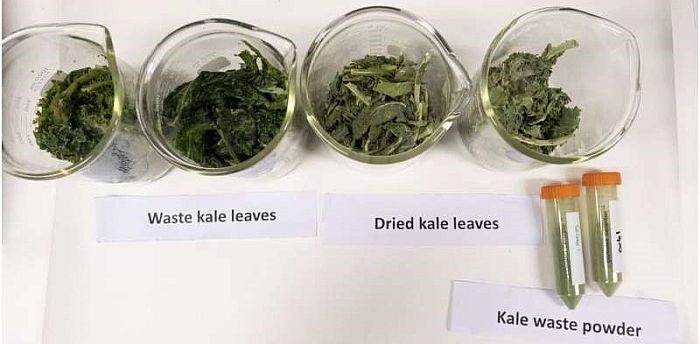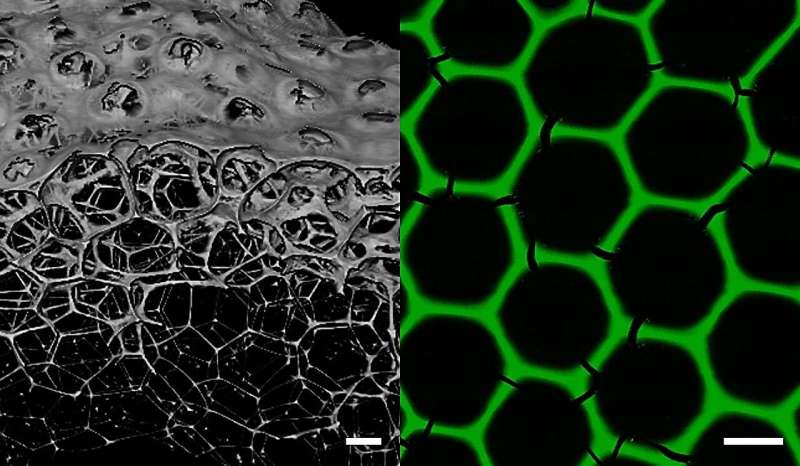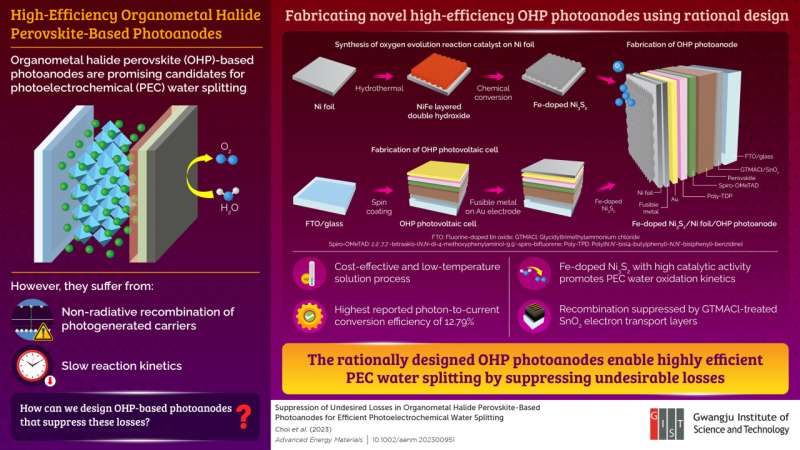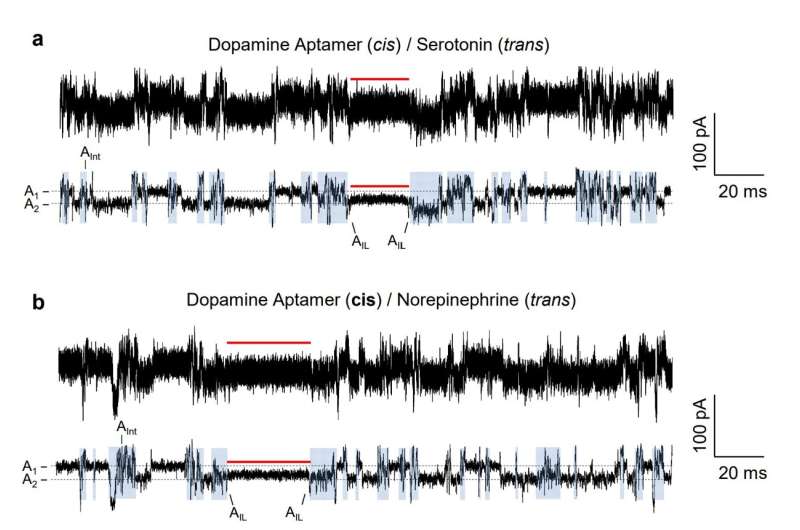
Scientists develop a sustainable way to convert kale waste into products for health and personal care (16/08/2023)
Scientists from Nanyang Technological University, Singapore have developed a new technique to convert kale waste for use in health and personal care products, reducing food waste and emissions.

Microplastic pollution: New device uses wood dust to trap up to 99.9% of microplastics in water (16/08/2023)
New Method Developed by Researchers Transforms Fog Into Clean, Drinkable Water (16/08/2023)
ETH Zurich researchers develop fog-based solution for clean water and pollution reduction.
Colorful new paints block heat for cooler summers and warmer winters (15/08/2023)
Heating and cooling account for huge portions of our energy consumption and environmental impact, so systems that can passively control indoor climate are important. Now scientists at Stanford have created a new type of paint that blocks heat from entering or escaping, and can be made in a range of colors.

New paint gives extra insulation, saving on energy, costs, and carbon emissions (14/08/2023)

Researchers use enzymes to develop a new class of materials for biocatalytic processes (09/08/2023)
Industrial biocatalysis with
enzymes is deemed to be a "game changer" in the development of a
sustainable chemical industry. Enzymes can be used to synthesize an impressive
range of complex molecules, including pharmaceutical substances, under environmentally
compatible conditions.

Stacking cells in thin layers could result in higher-performance solid-state batteries (09/08/2023)
As yet, no portable energy
storage technology is capable of combining high energy and fast charging with
extensive safety. However, a solution could soon see the light of day: at Empa,
Yaroslav Romanyuk and his team have developed a prototype solid-state stacked
battery that could potentially combine all three benefits.

Measuring lithium transport in solid-state batteries with lithium isotopes (09/08/2023)
Lithium-based solid-state
batteries have some advantages, such as being less flammable. But they are also
much less powerful. This is because the lithium ions in this type of battery
have to diffuse through a solid electrolyte, which is a cumbersome process.

Researchers develop highly efficient organometal halide perovskite photoelectrodes for water splitting (09/08/2023)
Currently, hydrogen is mainly
produced by natural gas, which, unfortunately, also generates greenhouse gases
such as carbon dioxide as by-products. Scientists argue that hydrogen produced
this way, while economical, is not truly sustainable, and thus requires a more
eco-friendly approach for its generation.

New tool provides greater accuracy for medical biosensors (09/08/2023)
For more than 20 years, Li-Qun
"Andrew" Gu at the University of Missouri has developed a passion for
solving life science problems by creating sophisticated diagnostic tools—in
nanoscale.









